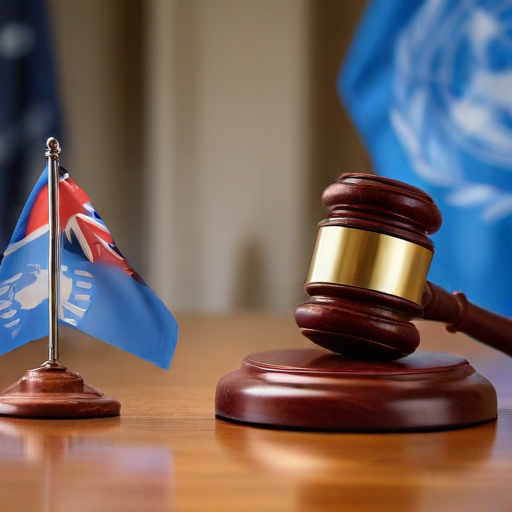President-elect Donald Trump has officially nominated House Representative Elise Stefanik, a Republican from New York, to serve as the United States Ambassador to the United Nations. In a statement, Trump expressed his honor in selecting Stefanik, characterized her as a formidable advocate for “America First” principles, and highlighted her intelligence and strength.
Stefanik, who holds the distinction of being the highest-ranking Republican woman in the House, has been a steadfast ally of Trump’s administration and was even considered as a potential running mate during his presidential campaign. Responding to her nomination, Stefanik expressed gratitude and a sense of responsibility for the position, emphasizing the urgent challenges facing the United States, particularly rising antisemitism and the need to restore national security and global standing.
The nomination will require confirmation from the Senate, where Stefanik is anticipated to face minimal opposition, especially with the Republican Party holding the majority following the recent elections. Under New York law, Governor Kathy Hochul has 10 days to call a special election to fill Stefanik’s vacant House seat, which is viewed as a secure position for the Republican Party.
Elise Stefanik gained notoriety when she was elected to represent New York’s 21st district in 2014 as the youngest woman ever elected to Congress. Initially starting her political career with moderate conservative views, she has since evolved into one of Trump’s most loyal supporters, actively defending him during impeachment proceedings and promoting claims surrounding the 2020 election results.
Her leadership has extended to issues surrounding antisemitism and foreign policy, where she has recently focused on Israel amid the ongoing conflict in Gaza. Notably, her appointment comes after former South Carolina Governor Nikki Haley, a prominent Trump opponent in the 2024 Republican primary, confirmed through Trump that she would not return to his administration.
As the world watches, Stefanik’s appointment could signal a renewed commitment to assertive U.S. foreign policy under the banner of America First. This transitional phase in leadership could lead to significant advancements in how the country engages with global issues.
In summary, Stefanik’s nomination illustrates a continuation of Trump’s political legacy, emphasizing loyalty and a strong national priority agenda, while opening discussions on pressing global concerns that may require immediate attention.
